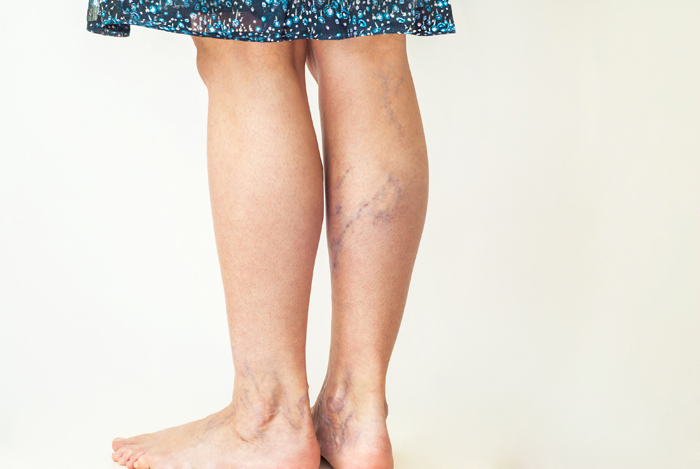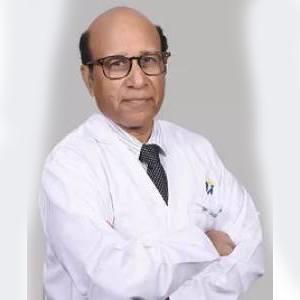Vascular Surgery
Vascular surgery is the name given to the different types of procedures are used in the treatment of illnesses, injuries, and disorders related to the veins, arteries, and lymph vessels. These procedures are usually conducted on the aorta, which is the largest artery in the body, and on other arteries and veins present in the abdomen, legs, neck, pelvis, and arms. These surgeries are not performed on the blood vessels present in the heart or the brain.
About Vascular Surgery
The vascular surgical procedures involve minimally invasive procedures, laparoscopies, medical therapy, and surgical reconstructions. Open surgery procedures and endovascular techniques are used together to treat various vascular diseases. A vascular surgeon is trained to deal with all diseases and conditions that can affect the vascular system or the circulatory system of a person. However, they don’t treat the heart and brain arteries, they are usually treated by neurosurgeons.

Who qualifies for vascular surgery?
Any patient dealing with any illness or diseases in their vascular system might be asked to get vascular surgery. In some vascular diseases, surgery might be done as the last resort or in extreme cases. Before the surgery, the surgeon or doctor might recommend certain methods or medicines to avoid the surgery. However, if these treatments do not provide the desired results, and the condition is extremely painful or causing complications in your body, you will be suggested surgery.
Why would you get vascular surgery?
A patient might get vascular surgery:
- If the vascular disease they have is getting worse
- If the medication recommended by the doctor is not giving appropriate results
- If the exercises or the medication is causing health issues
- If the vascular disease causes extreme pain or discomfort to the patient
- If the vascular disease continues to spread and cause complications in the body
- For cosmetic reasons
Request an appointment at Apollo Spectra Hospitals, Karol Bagh, New Delhi
Call 1860 500 2244 to book an appointment
Types
Several types of vascular diseases require surgery. Some of these include:
- Aneurysm: An aneurysm is a balloon-like structure that forms in the wall of a blood vessel, whether it is an artery or a vein. It is most commonly found in the main artery of the body, the aorta. Any stoppage in the flow of blood towards the heart may result in an aneurysm.
- Varicose Veins: Varicose veins are the veins that become enlarged, dilated, or twisted. They allow the blood to flow in the wrong direction and are therefore considered a cause of concern. They appear to be blue-ish or dark purple at the skin surface. They are swollen and raised over the skin and can be quite painful.
- Deep Vein Thrombosis: Deep vein thrombosis, also known as DVT, is an extremely serious condition that happens when a blood clot, called a thrombus, forms in a deep vein present in the body. These blood clots are more commonly formed in the veins of the legs usually on the inside of the thigh or the lower leg.
Different types of surgeries can be referred to as vascular surgeries, such as,
- Amputation procedures
- Aneurysm repairs
- Angioplasty
- Atherectomy and endarterectomy
- Embolectomy
- Vascular Bypass Surgery
Benefits
The major benefits of getting vascular surgery are quick healing of the disease and less pain in the body. Also, quick treatment that can help in avoiding future complications.
Risk Factors
There are several risks involved in getting vascular surgery:
- Allergic reaction to the anesthesia
- Infection
- Bleeding
- Formation of a blood clot
- Pain
- Heart attack
- Lung problems
Contact Vascular surgery Doctors near Karol Bagh for more information.
Angioplasty is the most common vascular surgery.
If it is an open surgery, you might need to stay in the hospital for a week. If it is a minimally invasive procedure, you will likely go home the same day and get back to work in 2 to 3 days.
The major symptoms of vascular disease include pale or bluish skin, sores on body parts, and lack of hair on the legs.
Our Doctors
DR. JAISOM CHOPRA
MBBS, MS, FRCS...
| Experience | : | 38 Years Experience |
|---|---|---|
| Speciality | : | Vascular Surgery... | Location | : | Karol Bagh |
| Timings | : | Thur : On Call... |
Our Top Specialities
NOTICE BOARD
CONTACT US
CONTACT US
 Book Appointment
Book Appointment



.svg)
.svg)
.svg)
.svg)








